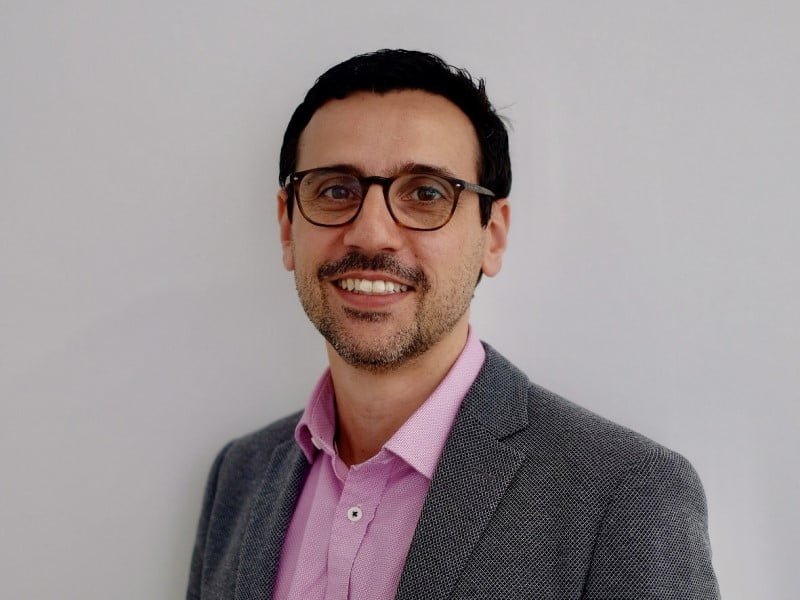Modular hydrogen power bank producer Endua has raised $7.5 million, including from the state-owned Queensland Investment Corporation and returning investor Main Sequence Ventures.
The Brisbane-based startup’s hydrogen power banks can store up to 100kw, sufficient for a water pump, farm shed or standalone telecom infrastructure.
The power bank uses electrolyser technology developed at CSIRO. The hydrogen is produced from a renewable energy source and stored in the power bank, which also contains a fuel cell to convert the hydrogen back to electricity.
Endua’s power banks are designed to serve microgrids or standalone power systems in regional and remote areas, with the aim to replace off-grid diesel powered generators.

The firm says that the versatility and scalability of its power banks makes it suitable for “regional communities, towns and industries like farming and agriculture, telecommunications infrastructure, energy distributors and remote infrastructure to become self-sustaining”.
CSIRO Thermal and Electrochemical Technologies Group leader Sarb Giddey said that the technology could lead to “a major [cost] reduction” in hydrogen storage and delivery.
“Taking a green hydrogen approach offers the flexibility to scale the electrolyser, storage and fuel cell independently in order to store energy in larger quantities for longer periods of time cost-effectively,” Mr Giddey said.
Other investors contributing to the $7.5 million in pre-series funding are Melt Ventures — a new advanced manufacturing-targeted fund that intends to raise up to $30 million by the end of this financial year — and 77 Partners.
So far, around $4.3 million in grants have been received by Endua by the federal government’s Entrepreneurs’ Programme Accelerating Commercialisation Grant and the Cooperative Research Centres Project, as well as from the Advanced Manufacturing Growth Centre.
Endua launched in June 2021, initially receiving $5 million in backing from CSIRO founded venture capital firm Main Sequence and energy company Ampol.
Endua founder and chief executive Paul Sernia, who also co-founded electric vehicle charging firm Tritium, said that clean hydrogen will “play a crucial role in our transition to renewable energy” but must be supported by the right technology and businesses to make it cost-effective.
“Our solution will allow off-grid industries like agriculture, water and energy utilities and remote infrastructure to run sustainable power any time of day, regional communities to become self-sufficient, and businesses to have more options to source the power they need,” Mr Sernia said.
“We’ll use our latest investment to turbocharge Endua’s role in providing a solution that tackles multi-day energy resilience, especially for industries like communications, water and energy services, agriculture and farming, and resources which have huge opportunities for emissions reduction.”
The announcement follows the federal government’s $2 billion Hydrogen Headstart commitment in the 2023-24 budget, to help make green hydrogen production price-competitive with the market price of hydrogen produced from non-renewable sources.
The government is also currently reviewing its hydrogen strategy to ensure it is still suitable given the hydrogen industry development policies pursued in other jurisdictions.
Do you know more? Contact James Riley via Email.

